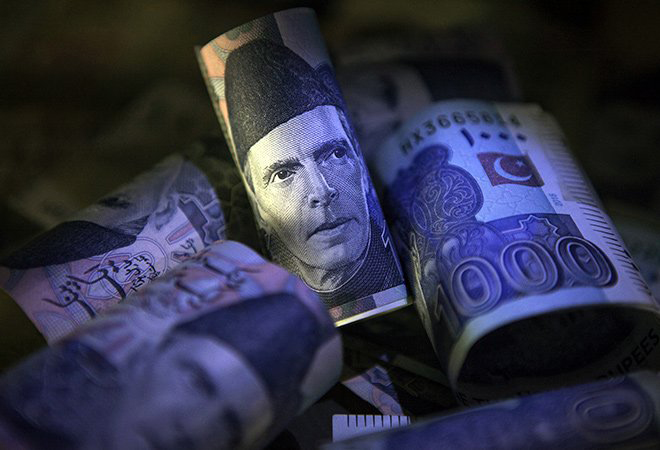Let’s talk about default. And that is not to say, of course, that this is some taboo subject that is being skirted around and spoken off in hushed tones. On the contrary, default seems to be on everyone’s mind.
From the prime minister and his cabinet to clerks exchanging water-cooler gossip, there is no one who isn’t worried about the country defaulting. But does anyone really understand what it means for a country to default?
Sure, there is a vague understanding that default is bad. That the price of the dollar will jump up even more and inflation will rise. The more well informed person might even know that vital imports will close down and there might be petrol and electricity shortages. A person even more interested in the nitty gritty of it all could even tell you that once a country defaults it can take years to secure new loans again.
But how much do we really know about this word that has become an important part of our lives in the way the boogeyman is an important part of the lives of children? And how best can we explain and understand default as a concept and in particular figure out what a default for Pakistan might mean?
The best way, perhaps, would be with a comparison. And for that comparison we have gone a little far away from home — all the way to the United States of America. Up until the beginning of June this year, it seemed that the mighty America was also on the brink of default. Of course, their default is very different from ours. And putting the two together provides an interesting comparison of the economics of defaulting nations.
The United States of America, with an economy that is 66 times bigger, with a GDP per capita that is 46 times higher than that of Pakistan, has seemingly come face to face with an issue not very dissimilar to that of Pakistan’s.
How can America, a country that is largely considered the pinnacle of the first world, the land of opportunities and new ideas, and the dreamland for many Pakistanis eager to escape their homeland, be in the same situation as that of Pakistan?
Well to start off it is not quite the same situation. Both nations have faced the risk of defaulting this year, but their economic, as well as, default conditions are vastly different. And that is exactly the point. How can the same word be used to describe two vastly different situations? Let’s start at the beginning. The content in this publication is expensive to produce. But unlike other journalistic outfits, business publications have to cover the very organizations that directly give them advertisements. Hence, this large source of revenue, which is the lifeblood of other media houses, is severely compromised on account of Profit’s no-compromise policy when it comes to our reporting. No wonder, Profit has lost multiple ad deals, worth tens of millions of rupees, due to stories that held big businesses to account. Hence, for our work to continue unfettered, it must be supported by discerning readers who know the value of quality business journalism, not just for the economy but for the society as a whole.To read the full article, subscribe and support independent business journalism in Pakistan

























